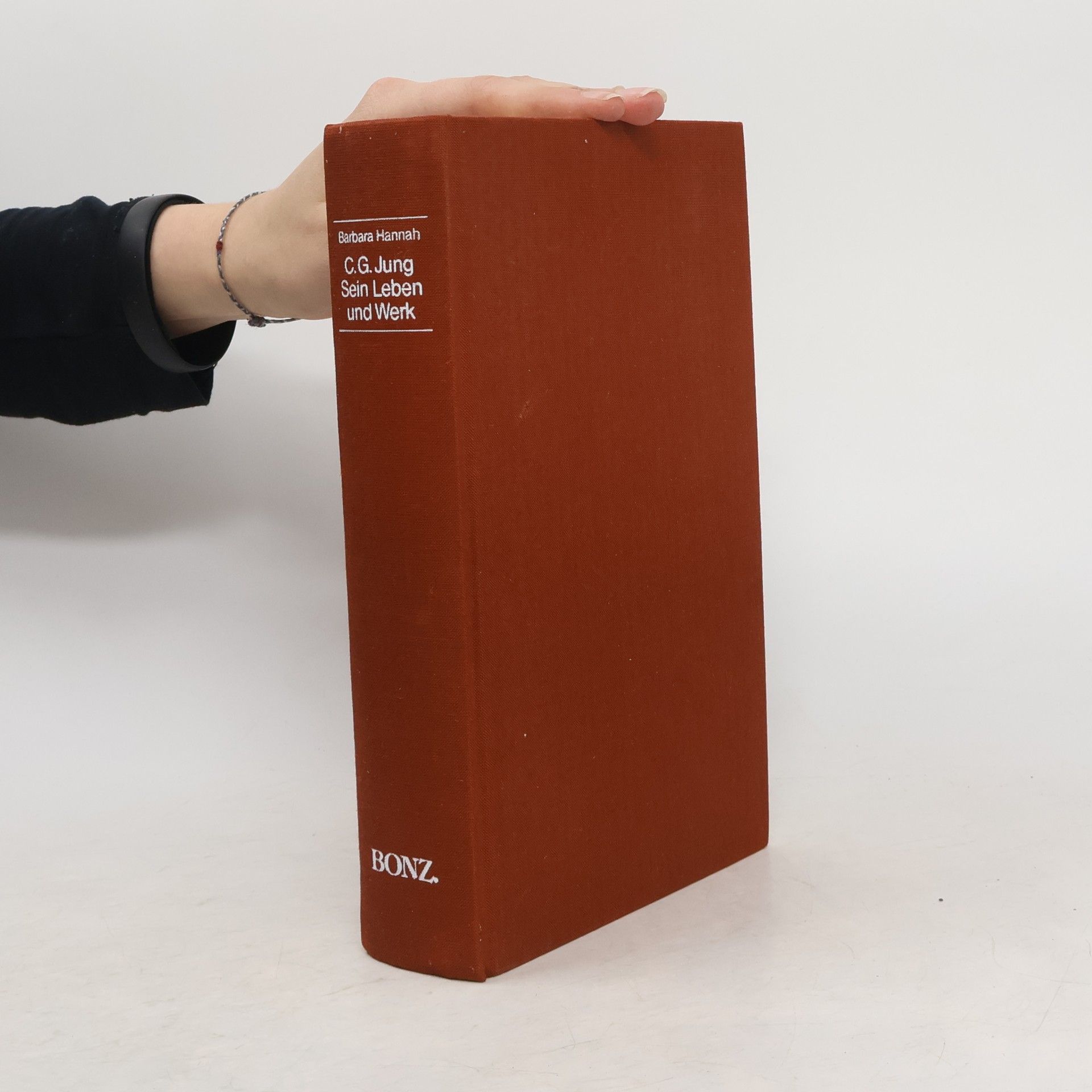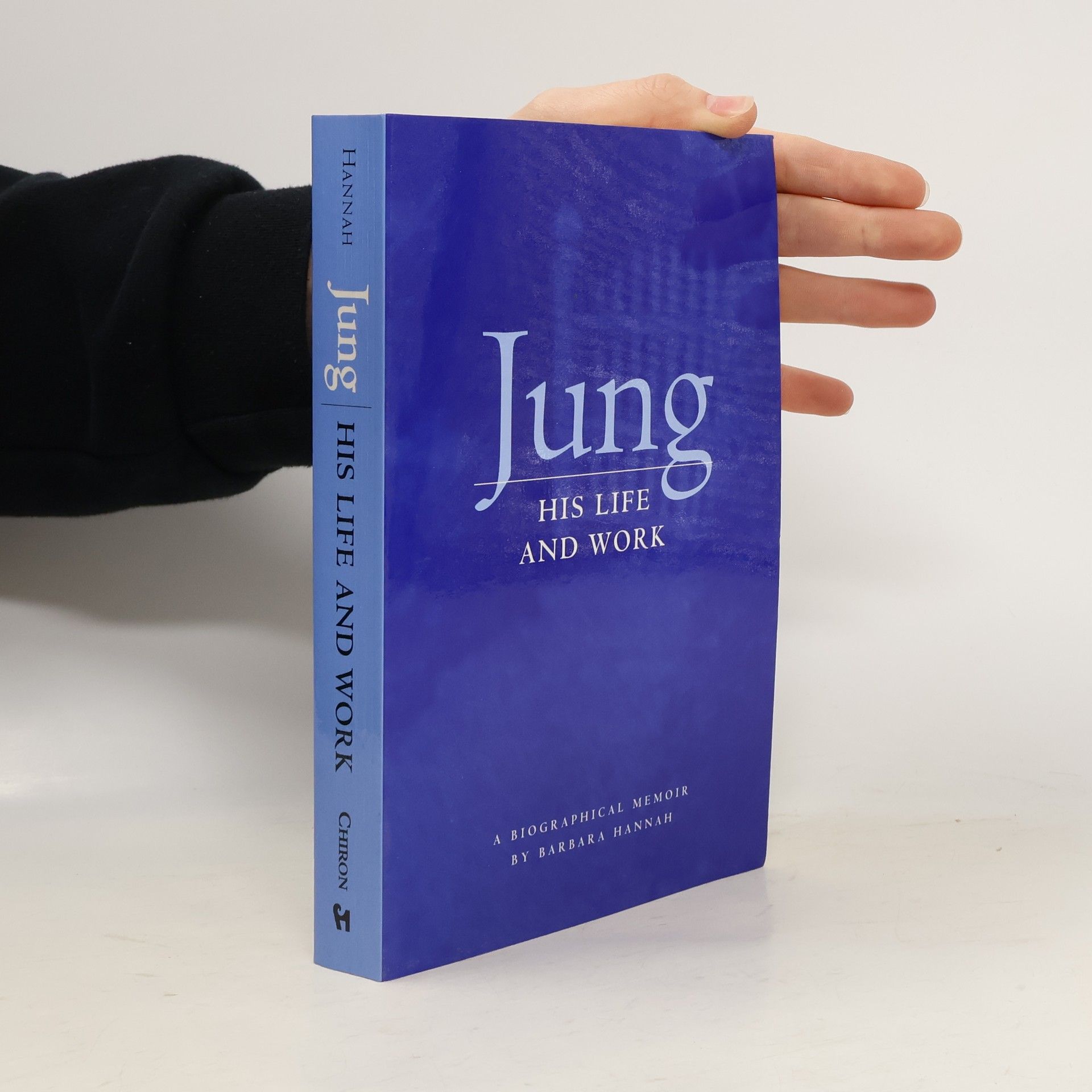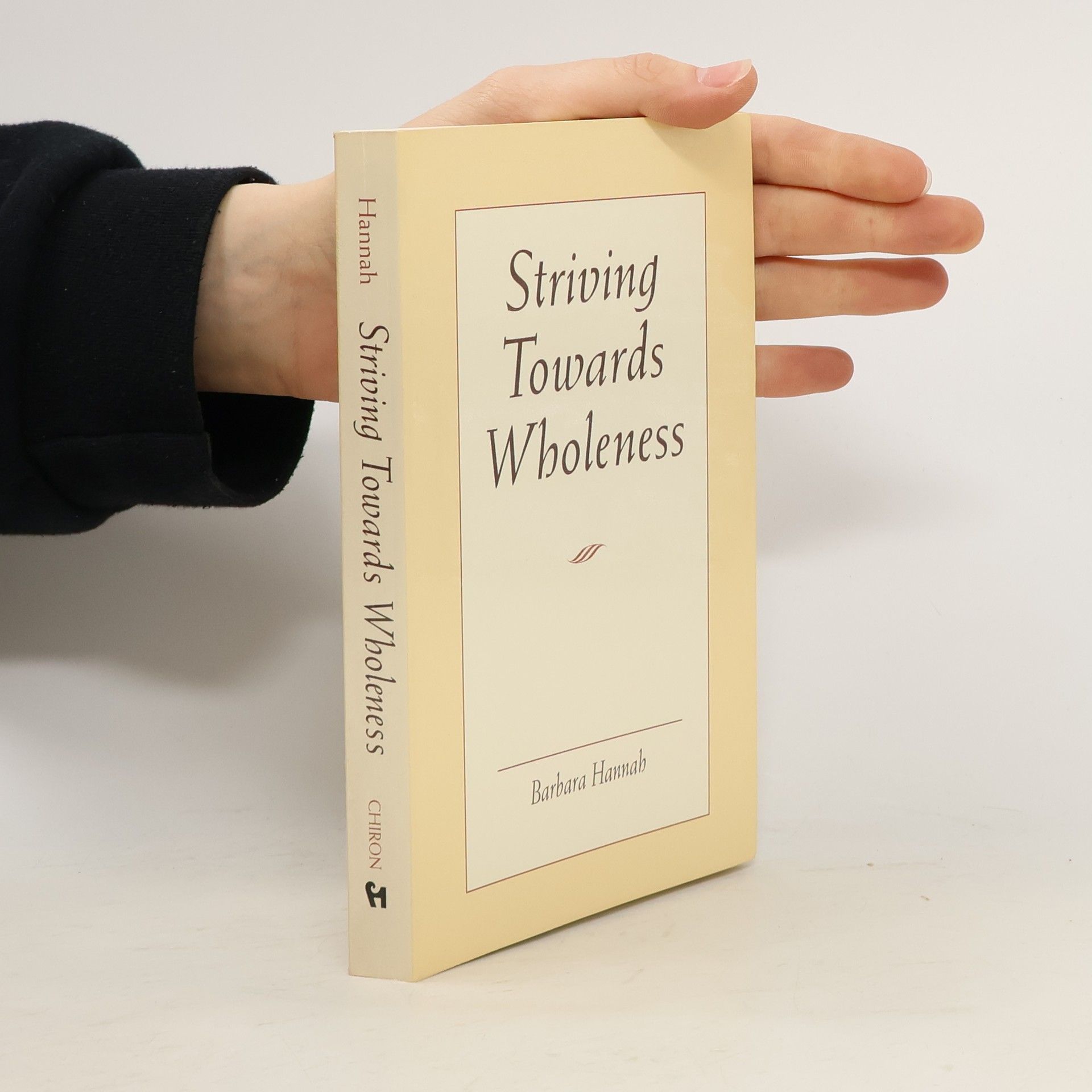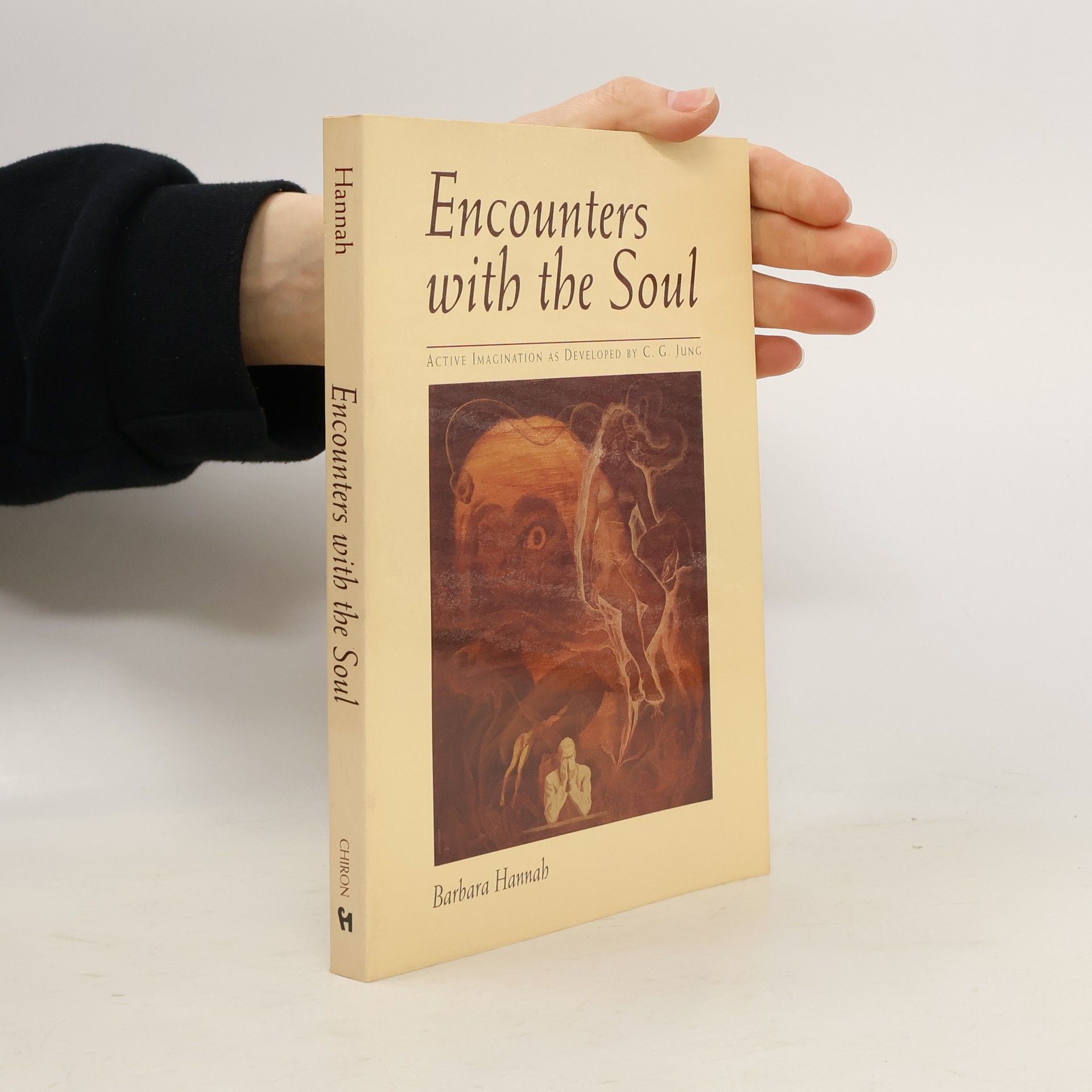Barbara Hannah Bücher






The book explores the life of Barbara Hannah, a notable figure in Jungian psychology and a close associate of C. G. Jung and his circle. As a first-generation psychologist and co-founder of the Jung Institute in Zürich, she made significant contributions to the field through her lectures in Switzerland and England. The narrative highlights her literary passion and her role in shaping Jungian thought, alongside her extensive writings on Jung and psychological concepts.
Barbara Hannah tackled the theme of the animus in women's psyche with a comprehensiveness unsurpassed in Jungian literature. Her insight and vigor stem directly from personally grappling with her own animus while integrating the experience and reflections of psychotherapists working directly with C.G. Jung. Her psychological analysis of the animus is presented here in two volumes in essays gleaned from her handwritten notes, typed manuscripts, previously published articles (as well as her notes for those articles) and from her own drafts of her lectures, given at the C.G. Jung Institute in Zurich and to various audiences in Switzerland and England. The main objective of these two volumes is to present the reader with an all-inclusive synthesis of the many and complex essays and lectures Barbara Hannah presented on the animus while rendering the wonderful spirit and voice of Barbara Hannah herself. --Book Jacket.
Jung
- 377 Seiten
- 14 Lesestunden
Preface The Swiss Soil Early Impressions, 1875-86 The Basel Gymnasium, 1886-95 Basel University, 1895-1900 Burghoelzli Psychiatric Hospital, 1900-09 The First Years in Kusnacht, 1909-14 The First World War, 1914-18 The Frontiers Open, 1919-25 Journeys, 1925-26 Back to Europe, 1926-33 Storm Clouds over Europe, 1933-37 Indian Intermezzo, 1937-38 Darkening Clouds, 1938-39 The Second World War, 1939-45 Reaping the Harvest, 1942-52 The Mysterium Coniunctionis, 1952-55 Late Years, 1955-59 Back to the Rhizome, 1960-61 Reference Notes Bibliography Index
Barbara Hannah, Jungian analyst and author, explores Jung's method of "active imagination," often considered the most powerful tool in analytical psychology for achieving direct contact with the unconscious and attaining greater inner awareness. Using historical and contemporary case studies, Hannah traces the human journey toward personal wholeness. This approach to confronting the unconscious is a healing process that applies to both men and women and deals in depth with the injured feminine as well as many powerful archetypal forces.
Jung, his life and work
- 376 Seiten
- 14 Lesestunden
This full-scale study of Jung's life and work is written by a close student, friend, and associate of more than thirty years. It is a lucid, penetrating account of his career, stressing the essential wholeness of the man and tracing the difficult path that led to that wholeness. From his earliest years to his death, through the crowded inner and outer events of his long ifetime, Hannah presents a view of the real Jung, not the creature of legend and cult. She treats his theoretical apparatus as well as such personal matters as his relationship with Toni Wolff and his supposed flirtation with Nazism. Here we see Jung's humanity and his genius as a "navigator of the unconscious."
Striving Towards Wholeness
- 330 Seiten
- 12 Lesestunden
Focusing on the psychic processes that drive individuals toward personal wholeness, Barbara Hannah explores the lives and works of five prominent English novelists—Robert Louis Stevenson, Mary Webb, and the Brontë sisters, along with their brother Branwell. She highlights how the inner struggles for integration are particularly pronounced in creative individuals, offering insights into their biographies and literary contributions. This examination reveals the complex interplay between creativity and the quest for self-fulfillment.
Barbara Hannah, Jungian analyst and author, explores Jung's method of "active imagination," often considered the most powerful tool in analytical psychology for achieving direct contact with the unconscious and attaining greater inner awareness. Using historical and contemporary case studies, Hannah traces the human journey toward personal wholeness. This approach to confronting the unconscious is a healing process that applies to both men and women and deals in depth with the injured feminine as well as many powerful archetypal forces. Encounters with the Soul is the first and only book I know of which can promote the understanding of 'active imagination' by illustrating through various examples, the steps, pitfalls and successes of this method of encountering the unconscious. -Marie-Louise von Franz Barbara Hannah (1891-1986) was born in England. She went to Zürich in 1929 to study with Carl Jung and lived in Switzerland the rest of her life. A close associate of Jung until his death, she was a practicing psychotherapist and lecturer at the C.G. Jung Institute. Her books available from Chiron include The Archetypal Symbolism of Animals; Encounters with the Soul; Jung, His Life and Work: A Biographical Memoir; and Striving Toward Wholeness.
Focusing on the life and work of Carl Jung, this biography offers an insightful exploration of his journey towards personal wholeness. Written by a close associate, it details both his theoretical contributions and personal relationships, including his connection with Toni Wolff and controversies surrounding his political affiliations. The narrative aims to present a nuanced portrait of Jung, highlighting his humanity and intellectual brilliance as a pioneer in understanding the unconscious mind, moving beyond the myths that have surrounded his legacy.


